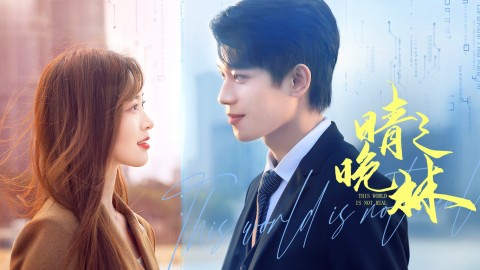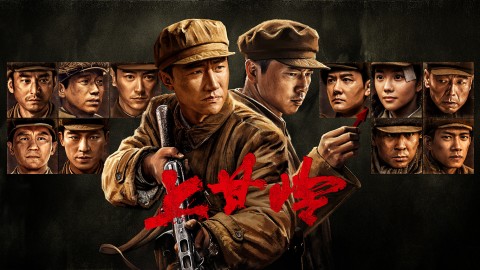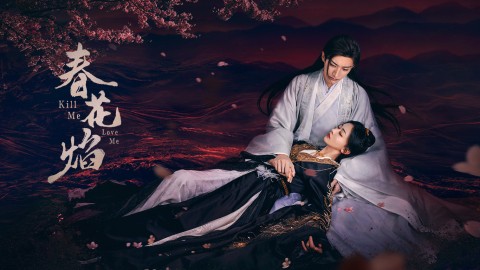Unveiling the Dark Side: The Rise of Gangster Stories in Media
At some point, a group of individuals emerged on various social media platforms, narrating tales of the underworld. These stories, also known as social records of a murky society, were mostly hearsay, with only a few being firsthand accounts. They turned their dark backgrounds into personal wealth and boasted about their experiences of losing freedom.
These so-called gangster stories were produced in series, giving the impression of glorifying criminals. Coincidentally, a recent TV drama called "Burning Years," disguised as a period piece, quietly premiered. The characters in the show also pursued a life of happiness, but not through hard work. Instead, they relied on bullying and violence.
They would engage in fights at the slightest provocation, resorting to violence and scenes that made viewers uncomfortable. Xu Wei Biao led a group of brothers, attacking and killing whoever they pleased, displaying their dominance. In this deliberately staged dramatic environment, the audience's perception is that Xu Wei Biao and others are gradually descending into the abyss of crime, driven by the social circumstances of the time.
As a result, instead of hating Xu Wei Biao for his criminal activities, the audience is filled with admiration. Conversely, they cannot empathize with the frontline crime fighters like Lin Zhi Hua (portrayed by Zhang Yao Yu), let alone stand united against a common enemy.
Either the evidence is insufficient, or someone takes the blame. Were the detectives of that era simply going through the motions? Honestly, even though the depicted era in the drama lacked advanced technology, their crime-solving rate was undoubtedly higher than today. That era saw a true people's war in solving crimes, as the masses had sharp eyes. Even before the police conducted interviews, ordinary people voluntarily provided information.
Even without the public's assistance, the police could uncover clues by detaining and interrogating a few street-level henchmen. In the latest episode, Hou Haiying (played by Liu Weizhou) was killed by Wang Lei (played by Jia Hong Xiao). How many viewers sympathized and lamented Wang Lei's fate, secretly applauding this "not-so-cold" killer?
And how many viewers felt outraged by Wang Lei's brutal murder of Hou Haiying and saddened by Hou Haiying's sacrifice? This drama not only blurs moral concepts but also blurs the standards of good and evil, exaggerating the so-called loyalty among gangsters. It's easy for any adult viewer to be misled by this drama and develop envy towards figures like Xu Wei Biao.
In essence, this drama is no different from the self-media storytellers narrating tales of the underworld. It simply uses a yellowish filter, a gloomy tone, combines the narrative structure of Korean dramas, and employs filming techniques reminiscent of Hong Kong movies to create a grassroots gangster drama set in mainland China.


